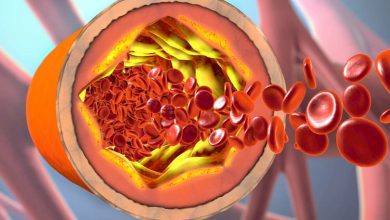Why Does My Baby Always Want To Be In My Arms?
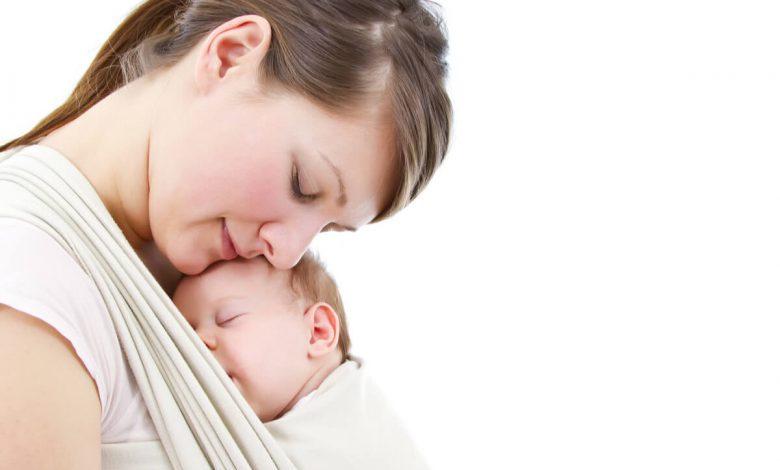
Physical contact is a source of health and well-being for babies. When a little one cries because he wants to be close to his mother and to be in her arms, it is best to follow instinct and go to meet her.
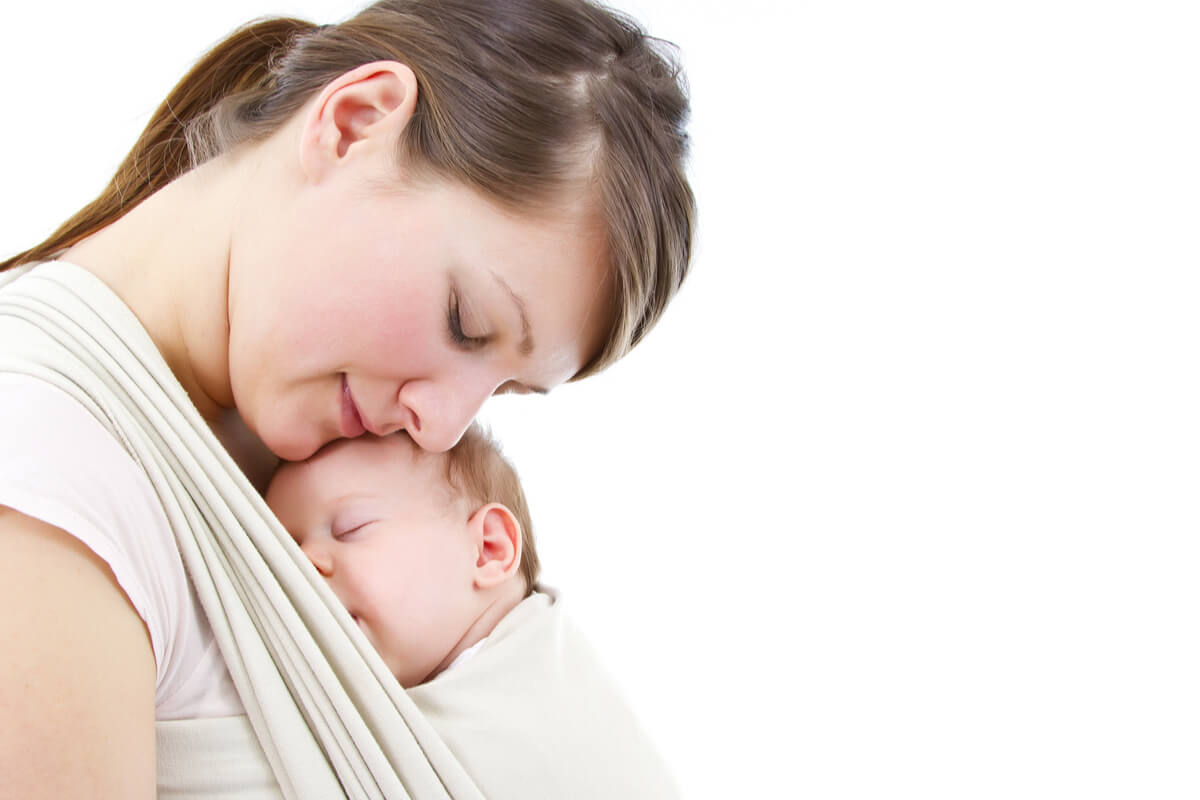
“My baby wants to always be in my arms from his first breath,” admit some mothers. Many are ecstatic by it; others, surprised. And, instead of being carried away by what that inspires them, they listen to what other mothers or specialists have to say.
At birth, a baby may not recognize who its mother is. However, from the first breath, sensors are instinctively activated that allow the preservation of life. The alba line that crosses the belly shows him the way to reach his mother’s breast, from where his sustenance emanates.
The baby spends nine months in the womb and is still immature at birth. He depends a lot on his mother to survive. Thus, attachment will be the way to ensure their well-being from birth to maturity and love will be the vital force for living.
My baby wants to always be in my arms
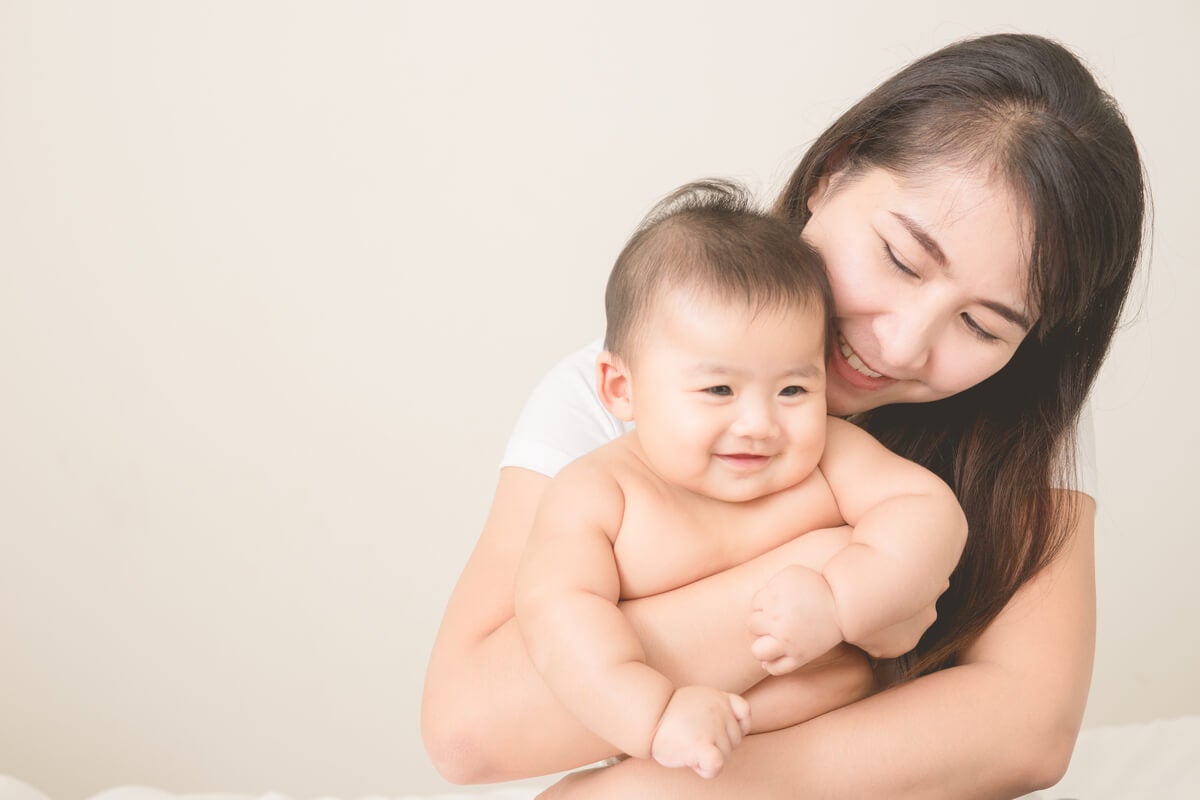
“With love I hold you, baby, and I appreciate your living light, your breath, the smallness of your parts that give me tenderness and conquer my heart”, a mother with more inspiration will say. But, instead of going to hold him, many times mothers are carried away by opinions that affirm that, every time the baby cries, they should not go to meet him.
It is said that if you hold the baby every time he cries, he learns to manipulate you. In addition to that his future ability to be independent is curtailed. As if a baby understands what manipulation or independence is.
As this study published in the journal Development and Psychopathology shows , letting the baby cry for a long time could harm their emotional and intellectual development, as well as increase their stress levels.
The baby is a mammal and as such depends on the mother being around to survive and grow. Love is the best stimulus to create affective bonds with the baby and promote its good development. Affection is a primary need, like food or hygiene.
My baby needs exterogestation because he wants to always be in my arms
The baby needs the closeness of its mother for at least nine more months to be able to adapt to extrauterine life. Only in this way is its comprehensive development guaranteed. This is what is called exterogestation and, as this article published in the journal Dilemata points out, it happens through breastfeeding.
The baby recognizes maternal love through closeness and physical contact. The baby’s crying is not just because he is hungry, sleepy, or the diaper is dirty. The baby wants to always be in your arms because his skin is his main sensor of his mother’s love. Plus, your instincts tell you.
At the same time, the little one awakens instincts of containment and attachment in the mother, because nature also has instincts for us, but we are able to silence what we feel to hear an opinion, to confirm a theory or to resume working life. Even so, the baby continues to ask and need Mom to be around.
We insist that he has to sleep alone in a room, that he must be fed with schedules or that we do not have to go every time he cries, without realizing that they spent nine months supported by the uterus, they slept close to our heart, they were fed through the umbilical cord and we were always by his side.
Lack of physical contact
In the 1940s, Dr. Rene Spitz, an Austrian psychoanalyst physician, conducted a study that led him to conclude that the mass death of babies in orphanages was due to a lack of love.
This psychoanalyst compared isolated babies in cribs interned in a hospital with babies raised by their own mothers in a prison. The little ones raised by their mothers, even while incarcerated, grew faster and were in good health. On the other hand, those who were isolated grew up with physical and mental deficiencies.
Unfortunately 37% of the babies in orphanages who did not have the hug and the care of their mothers, did not survive. Spitz’s thesis was widely criticized and questioned for decades.
But other studies like this one by Harvard University researchers demonstrated the importance of affection, but not as radically as Spitz did. Love is a source of well-being and development for the baby.
Love is natural
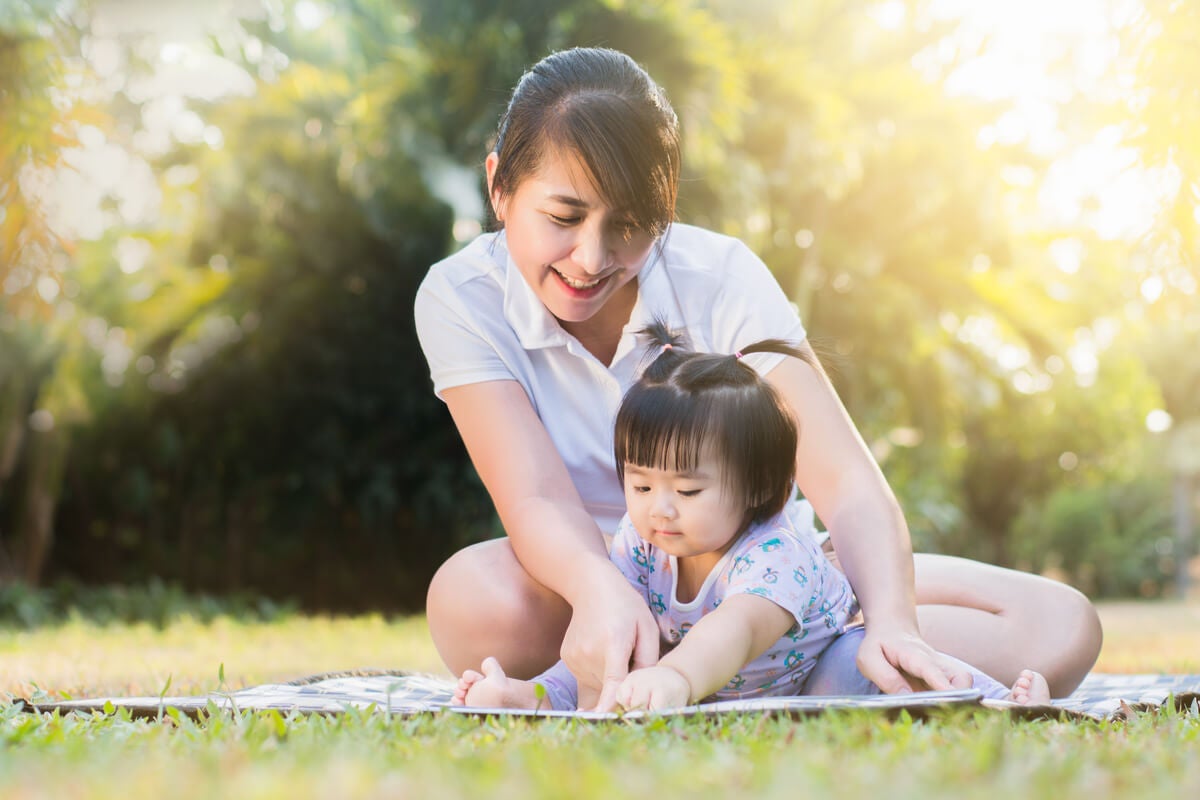
“In the same way that my baby wants to always be in my arms, I always want to have him with me,” says a mother who wants to raise with attachment. She holds her baby close to her body because it is natural.
It is true that dependent children cannot be raised, unable to decide for themselves the destiny of their lives. But we have a hard time waiting for them to complete each of their maturation stages in due time.
We live in a fast-paced world and, like it or not, we accelerate the growth of our children. The nine months of exterogestation prepare him to start the path to autonomy, a path that only begins at 2 years of age and that, after completing different stages of independence in childhood and adolescence, ends 15 or 18 years later.
Ultimately, holding your baby in your arms is the best way for him to feel loved. There are no limits to expressing love, or there shouldn’t be, if we want to live in a better world.




